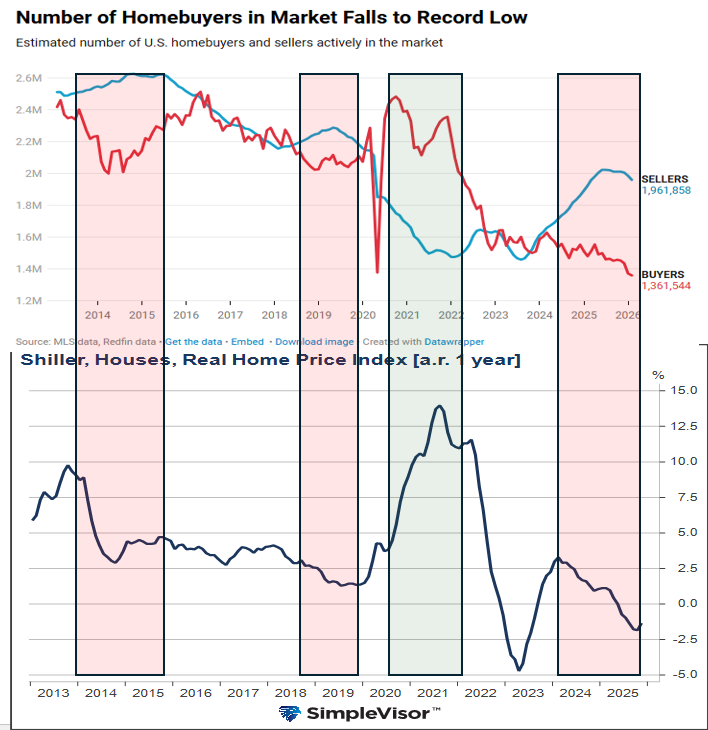“I’m the one who destroys the state from within.” “The state is a criminal organization.” “Taxation is theft.” “The state does everything wrong.” These are just a few of the many anti-statist (or anarcho-capitalist) lines uttered by Javier Milei, who—after breaking the barriers of respectable political discourse and becoming a congressman in 2021—won the presidency of Argentina in 2023.
And while statism continues to advance or is protected when statists are in power, whether left or right, many people had pinned their hopes on Milei to radically fight statism. However, his political adventure, beyond the changes on the right track, has proven to be not much more than a political game in favor of statism.
Inconsistencies
In a May 2024 interview, Milei outlined some general ideas about his plans. As he explained it, there are taxes that are “filthy,” others that have to disappear, and others that depend on the provinces and require tax reform. Milei expressed the idea of freezing spending, so that as the economy starts to bounce back and grow, the size of spending in terms of GDP will fall. Then, according to him, the myriad of taxes will move to a simplified system in which there will be about four taxes that are “payable” and “understandable,” and the state will be 25% of GDP. And while Milei once promised to cut off his own arm if he raised taxes, he recognized in the interview that taxes had gone up.
To begin with, if Milei is a principled anti-statist, he should use the advice of his much-admired Murray Rothbard:
Only harm to the ultimate objective can be achieved by rhetorical flourishes which confuse the public and contradict and violate principle.
In the Rothbardian tradition, there is no reason to freeze spending and not cut further. And whereas Milei could be just another tax simplifier, it is arbitrary and contrary to the anti-statist spirit to imply the desirability of any tax and determine which taxes should be the “payable” and “understandable” ones. Also, proposing the 25% idea as a reasonable percentage of the size of the state is not proper for an anti-statist—let alone based on an unrealistic and poor measure for real economic growth.
If taxation is theft, tolerating Milei’s tax hikes because they are “transitory” is not so different from willingly accepting increases in street robberies because thieves promised to steal less soon. And if Milei expected the economy to bounce back before lowering taxes, after having increased them for months since he took office, his way of allowing the economy to recover was flawed from the start.
Despite the fact that Milei spent years criticizing the welfare programs of his political rivals, in June 2024, his Minister of Economy boasted of increased spending on various welfare programs while speaking of the historic fiscal balance, which had been “achieved with the most vulnerable in mind.”
In July 2024, Milei expressed his intentions to make Argentina a powerhouse and the richest country in the world. Nonetheless, the living example of the richest and most powerful countries in the world has nothing, if anything, to do with the idea of destroying a state. And apart from having generated his own fan base and legitimacy for a head of state in whom as much power as possible is supposed to be trusted, the national and collectivist sentiments associated with the state army are reinforced by Milei’s hackneyed patriotism and praise for the armed forces.
However, a person who hates the state would never want society to support ideas so fundamental to statist ideology like national defense and the cult of the state soldier, as Milei’s own views on the military amounts to: while he dreams of a man in uniform being “celebrated as a hero,” and holds that Argentina needs a strong army “respected by the whole society” to become great again.
Seducing the right
The problem with rightists in general is that their main goal is not opposing the state, but replacing any left-progressive elite in power with a right-conservative one. This is often seen in culture wars, which will remain troubling unless the state is out of social life as much as possible. In this regard, in May 2024, Milei said, “power is a zero-sum game and if the lefties have it, we don’t.” And in fact, much of the support he received to win was due to his speeches against the left-progressive crowd.
Before the elections, Milei had pledged “to move forward to end the aberration of abortion,” but denied his promise in May 2024, demonstrating yet another of his political moves. By contrast, in something that most rightists hardly care to end, Milei continued the war on drugs, presenting his own “libertarian” justification for it.
Government spending
Statists embrace or even celebrate almost any kind of spending as long as it suits their tastes. And while all of these expenditures contribute to the much-publicized GDP growth, statists are little concerned about the wasteful diversion of resources from the market economy.
True, Milei’s balanced budget included historic cuts in some areas, but he also increased spending—as in welfare programs—or plans to continue to do so in others. Therefore, everything depends on the new winds blowing: Take, for example, Milei’s foreign policy—siding with NATO and US-Zionist imperialism—and the purchase of 24 F-16 jets. Additionally, in July 2024, Milei nearly doubled the budget for defense and security services. And as he wants to restore the prestige of the army and modernize it, military spending is projected to increase by 1.5% of GDP over the next eight years.
A new ministry
Although presidential decrees can be ineffective due to institutional constraints, Milei succeeded in deregulating the economy and transforming the state by decree, and made progress by reaching agreements in congress, such as with the “Bases” law, which also gave Milei more power. Days before the enactment of the law, Milei created the Ministry of Deregulation and Transformation of the State, aimed at deepening the process of deregulation and transformation initiated in December 2023. Since Milei aspires to get steady surpluses and meet IMF deadlines and other commitments, it will remain crucial to reduce the counterproductive effect of regulations relative to that of taxes.
Given that the tools to deregulate and transform were expanded for Milei, what this ministry will certainly do is to bring its own part for propaganda. Because any step in the right direction through this ministry—this being a new intermediate step—will give the ministry important credit. And any praise previously given to Milei in the matter will take the form of a recognition that involves the ministry’s functions. Thus, Milei’s achievements with the ministry will justify its existence for many.
Nevertheless, to believe that the good changes brought about by the ministry will only be possible because of it is to fall for the statist rationalization of its maintenance—the one that would beg the question of what government agency will take care of its functions if not this ministry.
Government agencies
Upon taking office, Milei reduced the number of ministries from 22 to 9. The measure was symbolic, because it only ordered some ministries to absorb others. Then, in June 2024, Milei completed the abolishment of the Ministry of Women, Gender and Diversities, which he had transformed into an undersecretariat. This, and the closure of the National Institute against Discrimination, Xenophobia and Racism, can be praised for combating tax-funded progressivism. Indeed, eliminating politicized government agencies is supposed to be a mandate from Milei. Yet, most, if not all, of these agencies are politicized.
Anyhow, until July 2024, some 31,000 people were no longer employed by Milei’s executive—while new hires were close to 3,000 through June. And although the non-renewal of public contracts is not unusual and Milei’s numbers are still modest, his efforts in this area should be recognized.
Centralization
Since the usual democracy is of little use in the struggle against statism, it has become clearer than ever that the best option for fighting statism and improving the legal and political conditions of any people is radical decentralization and secession—in order to make political accountability as viable as possible to restrain institutionalized aggression and economic waste. On the contrary, however, Milei has fought for more decision-making power over all of Argentina. And if with enough power, he already made several mistakes, more power is unlikely to make things better.
All politicians deal with restrictions and adversaries, but to think that Milei has so little power to do better is mistaken. Besides, that his own cabinet includes several old suspects in Argentine politics and public administration—including people whom Milei criticized harshly in the past—is enough to put less trust in his alleged anti-statist radicalism. And while he should not be criticized for the good things that are officially proposed but cannot be achieved due to lack of support, the bad things of his administration are mostly inexcusable in those terms or even defended by Milei and his team.
In the end, the problem with Mileism is that it hates the left more than the state, is wedded to a statist and centralist patriotism, and has come to essentially believe that its vision of freedom and prosperity should come from a presidential power dictating what is right for the whole of Argentina.
Full story here Are you the author? Previous post See more for Next postTags: Featured,newsletter






















